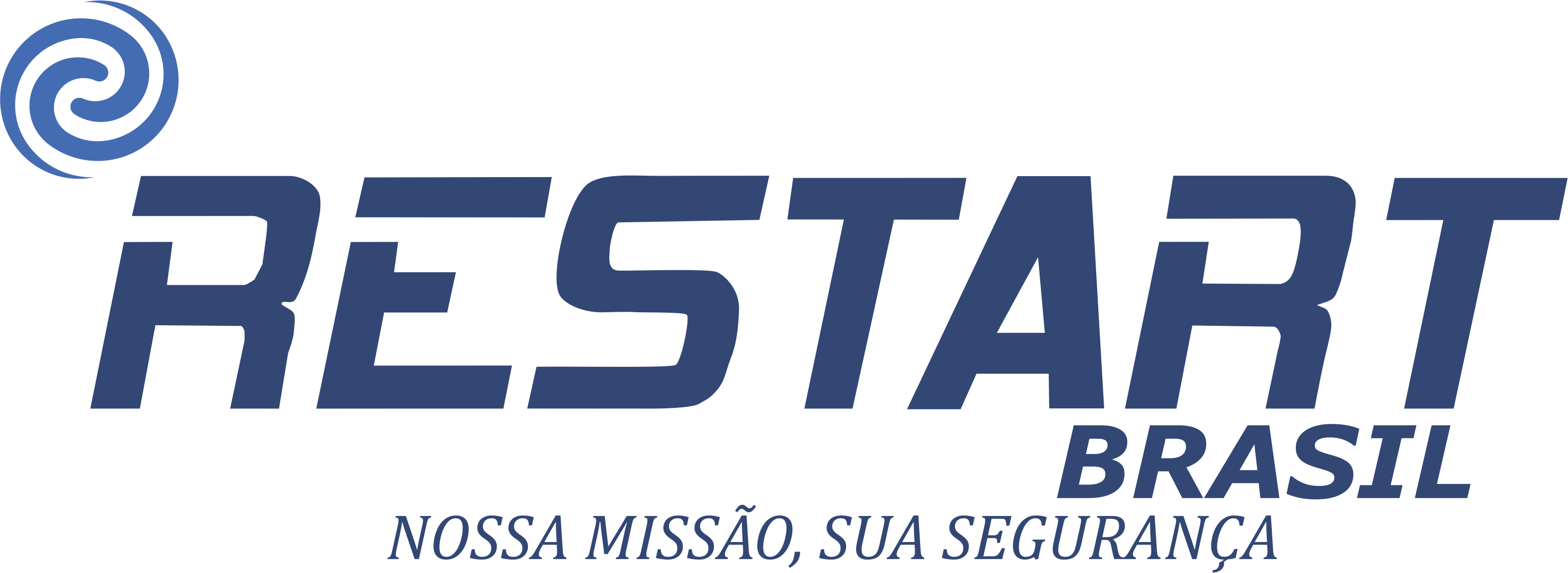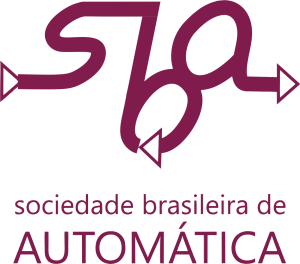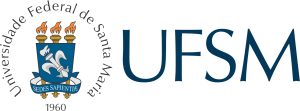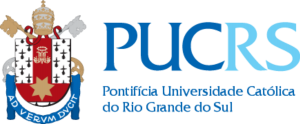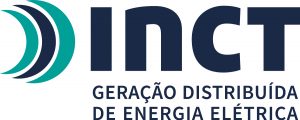Palestrantes Internacionais e Nacionais Confirmados nas Sessões Plenárias:
ANURADHA ANNASWAMY
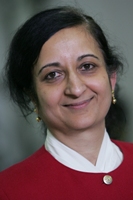
Anuradha Annaswamy received her Ph.D. in Electrical Engineering from Yale University in 1985. She has been a member of the faculty at Yale, Boston University, and MIT where currently she is the director of the Active-Adaptive Control Laboratory and a Senior Research Scientist in the Department of Mechanical Engineering. Her research interests pertain to adaptive control theory and applications to aerospace, automotive, and propulsion systems, cyber physical systems science, and CPS applications to Smart Grids, Smart Cities, and Smart Infrastructures. She is the author of a hundred journal publications and numerous conference publications, co-author of a graduate textbook on adaptive control (2004), co-editor of several reports including “Systems & Control for the future of humanity, research agenda: Current and future roles, impact and grand challenges,” (Elsevier) “IEEE Vision for Smart Grid Control: 2030 and Beyond,” (IEEE Xplore) and Impact of Control Technology, (ieeecss.org/main/IoCT-report, ieeecss.org/general/IoCT2-report). She has received several awards including the George Axelby and Control Systems Magazine best paper awards from the IEEE Control Systems Society (CSS), the Presidential Young Investigator award from NSF, the Hans Fisher Senior Fellowship from the Institute for Advanced Study at the Technische Universität München, the Donald Groen Julius Prize from the Institute of Mechanical Engineers, a Distinguished Member Award, and a Distinguished Lecturer Award from IEEE CSS. Dr. Annaswamy is a Fellow of the IEEE and IFAC. She has served as the Vice President for Conference Activities (2014-15), and is currently serving as the VP for Technical Activities (2017-18) in the Executive Committee of the IEEE CSS.
Tema da Palestra: Machine Learning and Adaptive Control
LUCA ZACCARIAN
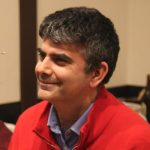
Luca Zaccarian received the Laurea and the Ph.D. degrees from the University of Roma Tor Vergata (Italy) in 1995 and 2000, respectively. He has been Assistant Professor in control engineering at the University of Roma, Tor Vergata (Italy), from 2000 to 2006 and then Associate Professor. Since 2011 he is Directeur de Recherche at the LAAS-CNRS, Toulouse (France) and since 2013 he holds a part-time associate professor position at the University of Trento, Italy. Luca Zaccarian’s main research interests include analysis and design of nonlinear and hybrid control systems, modeling and control of mechatronic systems. He has served in the organizing committee and TPC of several IEEE and IFAC conferences. He has been a member of the IEEE-CSS Conference Editorial Board and an associate editor for Systems and Control Letters and IEEE Transactions on Automatic Control. He is currently a member of the EUCA-CEB and an associate editor for the IFAC journal Automatica and for the European Journal of Control. He was a nominated member of the Board of Governors of the IEEE-CSS in 2014, and an elected member in 2017-2019. He was Student Activities Chair for the IEEE-CSS in 2015–2017 and is currently Associate Editor of Electronic Publications (Conference Information) for the IEEE-CSS. He was a recipient of the 2001 O. Hugo Schuck Best Paper Award given by the American Automatic Control Council. He is a fellow of the IEEE, class of 2016.
Tema da Palestra: LMI-based algorithms for input-saturated linear time-invariant plants
KARL HENRIK JOHANSSON

Karl H. Johansson is Professor with the School of Electrical Engineering and Computer Science at KTH Royal Institute of Technology in Sweden and Director of Digital Futures. He received MSc and PhD degrees from Lund University. He has held visiting positions at UC Berkeley, California Institute of Technology, Nanyang Technological University, Institute of Advanced Studies Hong Kong University of Science and Technology, Norwegian University of Science and Technology, and Zhejiang University. At KTH he directed the ACCESS Linnaeus Centre 2009-2016 and the Strategic Ressearch Area ICT TNG 2013-2020. His research interests are in networked control systems and cyber-physical systems with applications in transportation, energy, and automation networks; areas in which he has co-authored more than 800 journal and conference papers. He is a member of the Swedish Research Council’s Scientific Council for Natural Sciences and Engineering Sciences. He has served on the IEEE Control Systems Society Board of Governors, the IFAC Executive Board, and he is currently Vice-President of the European Control Association. He is past Chair of the IFAC Technical Committee on Networked Systems. He has been on the Editorial Boards of Automatica, IEEE Transactions on Automatic Control, IEEE Transactions on Control of Network Systems, and IET Control Theory and Applications, and currently serves on the Editorial Boards of ACM Transactions on Internet of Things, Annual Review of Control, Robotics, and Autonomous Systems, and European Journal of Control. He was the General Chair of the ACM/IEEE Cyber-Physical Systems Week 2010 and IPC Chair of many conferences. He has received several best paper awards and other distinctions from IEEE, IFAC, and ACM. In 2017 he was awarded Distinguished Professor of the Swedish Research Council and in 2009 he was awarded Wallenberg Scholar, as one of the first ten scholars from all sciences, by the Knut and Alice Wallenberg Foundation. He was awarded Future Research Leader from the Swedish Foundation for Strategic Research in 2005. He received the triennial Young Author Prize from IFAC in 1996 and the Peccei Award from the International Institute of System Analysis, Austria, in 1993. He was granted Young Researcher Awards from Scania in 1996 and from Ericsson in 1998 and 1999. He is Fellow of the IEEE and the Royal Swedish Academy of Engineering Sciences, and he is Distinguished Lecturer with the IEEE Control Systems Society.
Tema da Palestra: Wireless Networked Control Systems with Applications in Process Industry
JULIO ELIAS NORMEY-RICO
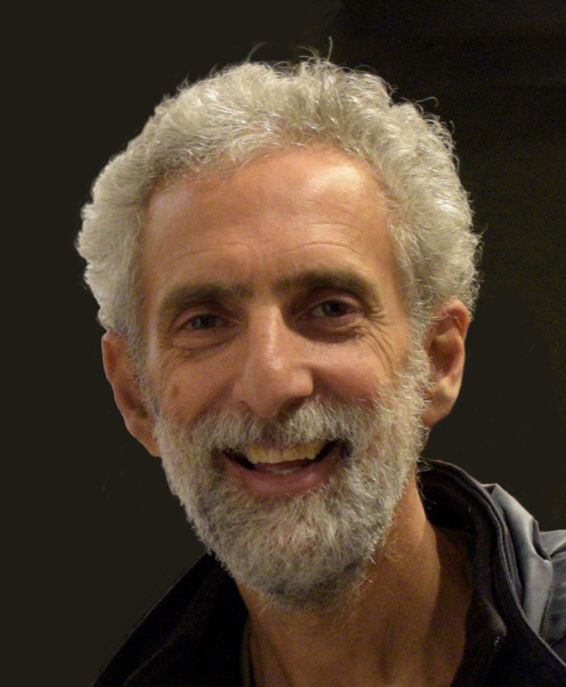
Julio Elias Normey-Rico é Professor Titular do Departamento de Automação e Sistemas da Universidade de Santa Catarina (Brasil). Bacharel em Ciências da Engenharia pela Universidade da República (Uruguai-1983), Engenheiro Eletrônico pela Universidade Nacional da Prata (Argentina-1986), Mestre em Engenharia Elétrica pela Universidade Federal de Santa Catarina (Brasil-1989) e doutor em Robótica Automática e Eletrônica pela Universidad de Sevilla (Espanha-1999). É pesquisador 1A do CNPq, coordenador de vários projetos de pesquisa em parceria com agências de fomento e com empresas e editor associado da revista Frontiers. Coordena hoje o Grupo de Pesquisas em Energias Renováveis GPER-UFSC, foi coordenador do Programa PRH 34 da UFSC financiado pela Agência Nacional do Petróleo (2006-2018), Editor Associado da revista Control Eng. Practice (2007-2018). Tem experiência na área de Engenharia de Controle e Automação, com ênfase em Controle de Processos, atuando principalmente em sistemas de controle com atraso, controle preditivo, controle PID, com aplicações em diversos setores, destacando-se atualmente os sistemas de energia (renovável e não renovável) e epidemiológicos. É autor de mais de 100 artigos em periódicos, um livro, vários capítulos de livros e foi orientador de 15 teses de doutorado e 47 de mestrado.
Tema da Palestra: Modelos Dinâmicos Epidemiológicos e Controle Preditivo na Elaboração de Políticas de Distanciamento Social na Pandemia COVID-19
RICARDO HIROSHI CALDEIRA TAKAHASHI
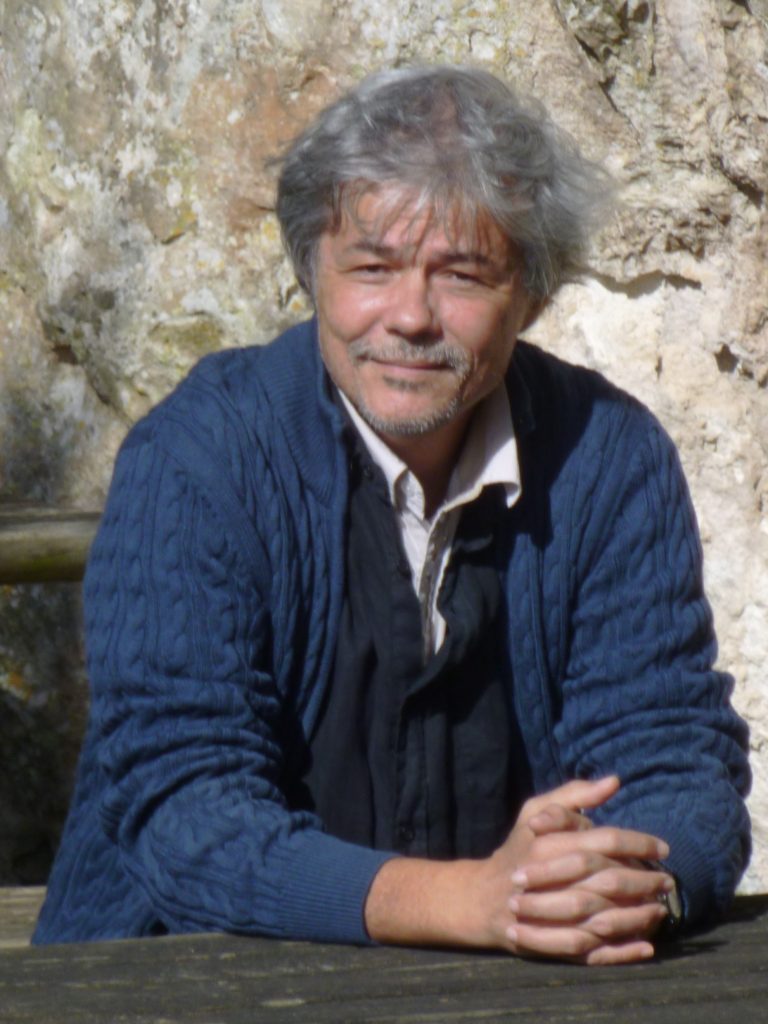
Ricardo H. C. Takahashi é Professor Titular do Departamento de Matemática da UFMG, obteve a graduação (1989) e o mestrado (1991) em Eng. Elétrica pela UFMG, e o doutorado em Eng. Elétrica pela UNICAMP (1998). Desenvolve trabalhos nos campos da Modelagem e Controle de Sistemas Dinâmicos e da Otimização, sendo que neste último vem trabalhando principalmente nos temas da Computação Evolutiva e da Otimização Multiobjetivo. Em articulação com esses campos de pesquisa vem também estudando, desde 2002, o tema da Modelagem de Epidemias. Orientou ou co-orientou 23 dissertações de mestrado e 27 teses de doutorado. Coordenou projetos de cooperação internacional CAPES-FCT e FP-7 (Marie-Curie Actions) da European Comission. Foi membro do CA-EE do CNPq de 2012 a 2015, Pró-Reitor de Graduação da UFMG de 2014 a 2018, e editor associado da IEEE Computational Intelligence Magazine em 2018 e 2019. Foi um dos editores da Enciclopédia de Automática da SBA (2007) e do Manual de Computação Evolutiva e Metaheurística (publicação conjunta da Editora da UFMG e da Imprensa da Universidade de Coimbra, 2012). Desde março de 2020, coordena a Força-Tarefa de Modelagem da COVID-19 da UFMG, que vem produzindo estudos para subsidiar ações das secretarias de saúde de Belo Horizonte e de Minas Gerais.
Tema da Palestra: Modelagem de Epidemias: abordagens e desafios







